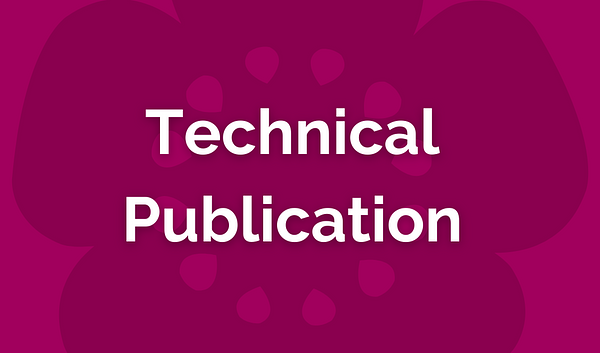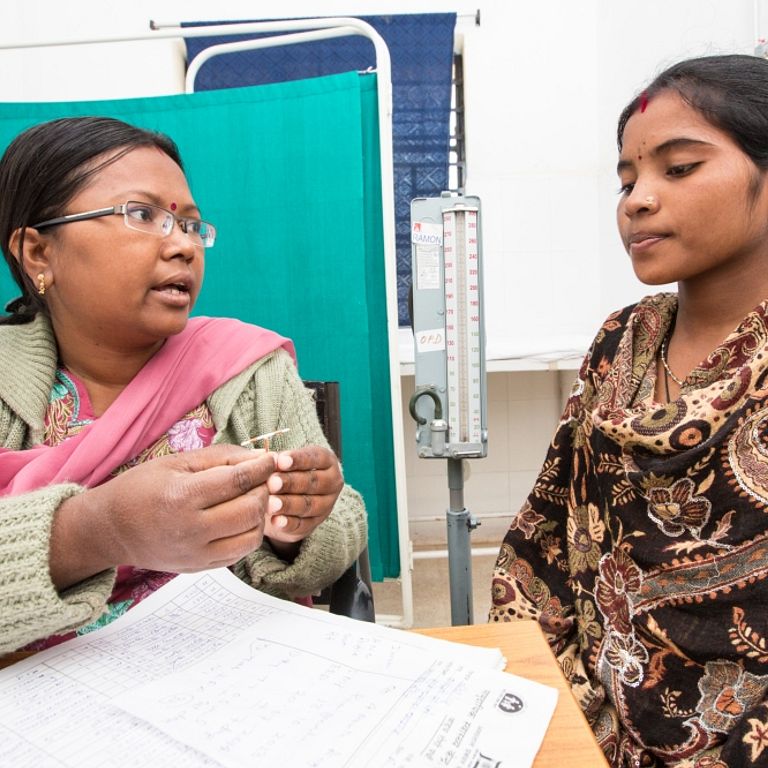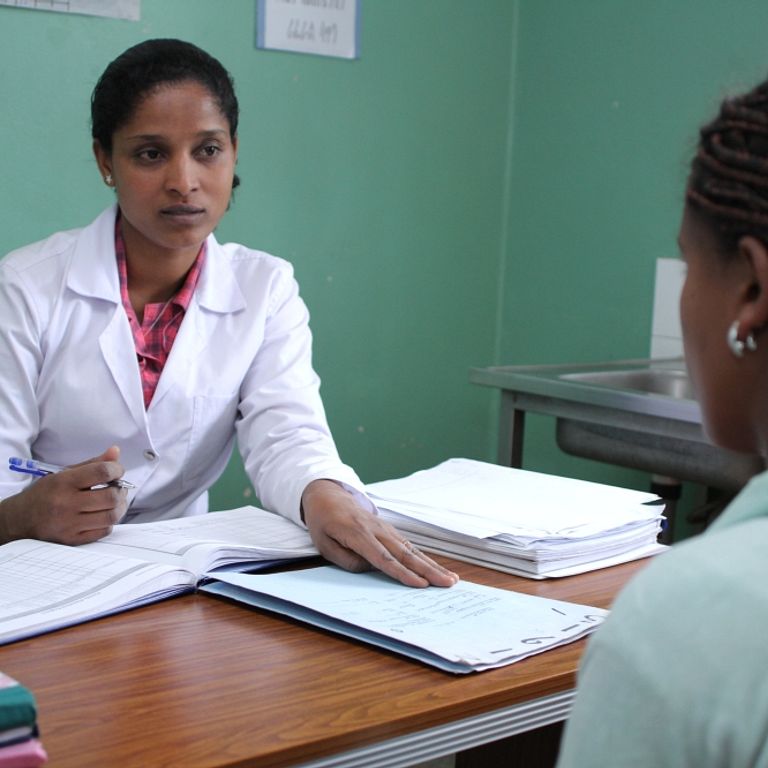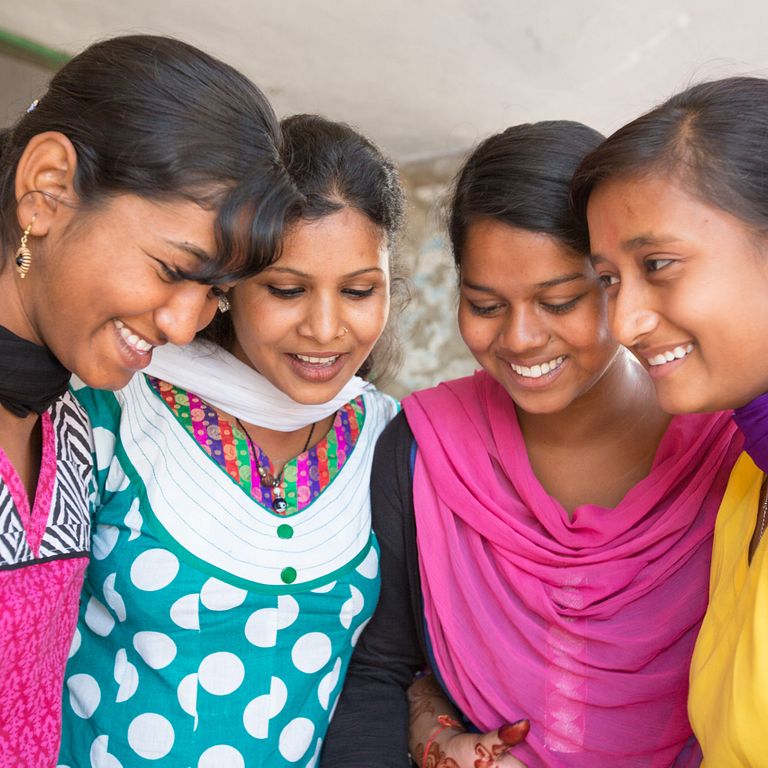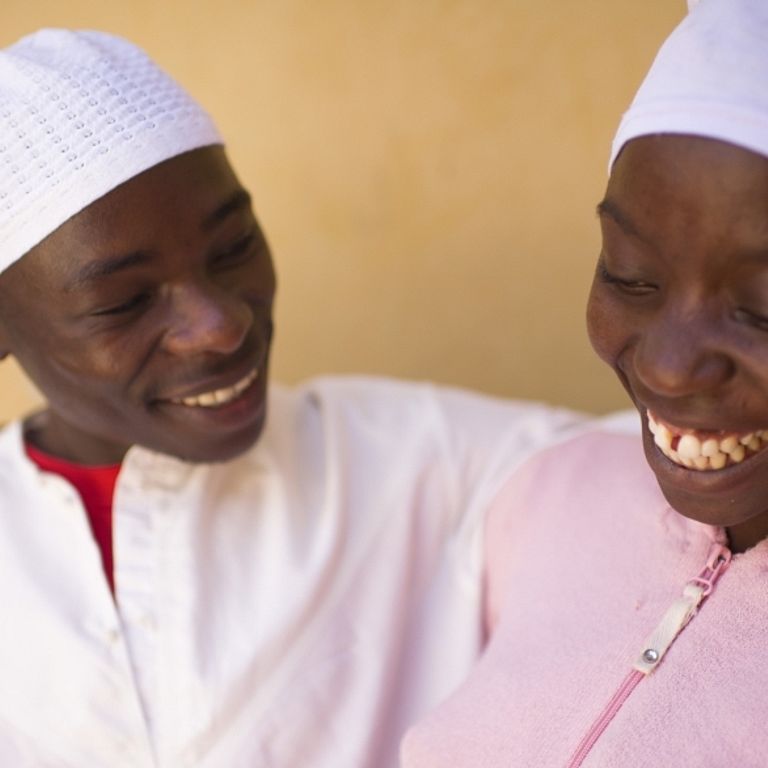USAID Boresha Afya—Southern Zone

FP2020 found that the modern contraceptive prevalence rate in Tanzania is 31.7%. With 1.7 million people in Tanzania living with HIV, the country has made significant gains in access to medication for people living with HIV, and 84% of adults and 54% of children living with HIV are on antiretroviral treatment, according to UNAIDS.
This program worked to improve the enabling environment for health services and increase the availability of health services at facilities and in communities in Tanzania’s southern zone, covering the Iringa, Lindi, Morogoro, Mtwara, and Njombe regions. EngenderHealth brought technical expertise in family planning (FP) and sexual and reproductive health (SRH); cervical cancer screening, maternal and child health, HIV prevention, and gender-related interventions, including gender-based violence and male involvement.

EngenderHealth led the integration of FP into HIV and other health services to better reach key populations and supported the government of Tanzania to expand provision of FP services through a mix of facility and outreach services. The program supported facilities to ensure interventions aligned with priorities of Tanzania and The United States President’s Emergency Plan for AIDS Relief and we supported regional and council health management teams in all supported councils. Through this program, EngenderHealth collaborated with the Ministry of Health, Community Development, Gender, Elderly, and Children through the National AIDS Control Program by participating in collaboration meetings and technical working groups.
The USAID Boresha Afya—Southern Zone program delivered community HIV prevention interventions for key populations and vulnerable groups in Iringa and Ruvuma and supported additional mobile testing and community HIV index testing in the Lindi, Morogoro, and Mtwara. The program also integrated gender priorities into HIV services with a focus on identifying and responding to intimate partner violence.

